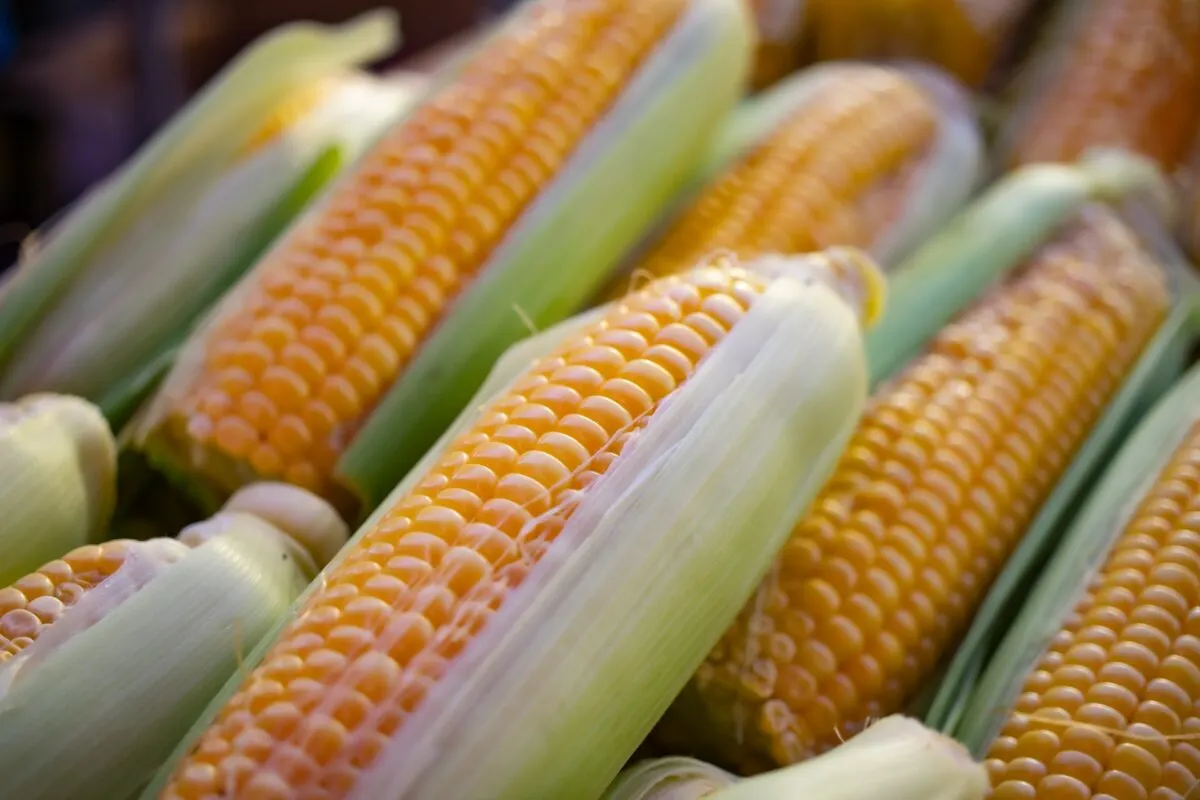As the temperature rises, outdoor cooking methods like grills and barbecues become more appealing. Scents from the many tasty dishes on the table tempt our canine companions. Corn is an all-time barbecue favorite – but, can dogs eat corn, though?

Eating fresh, warm foods like corn on the cob in the summer is common, and your dog will probably beg you to share. Corn (off the cob) is fine for your dog to eat, but some of the other items you’re grilling and offering may be harmful to him.
Studies and consultations with leading nutritionists have convinced us that including corn in a dog’s diet is safe and helpful. A wide variety of questions regarding its suitability for dogs are often asked, such as, “Can dogs have corn?” “Is corn beneficial for dogs?” and “Is corn harmful to dogs?”
We’re going to do a deep dive into this subject and look at all the potential risks and benefits of feeding your dog corn so that you can have a safe and sound mind the next time you share this sweet veggie with your four-legged companions.
What Are the Benefits of Corn for Dogs?
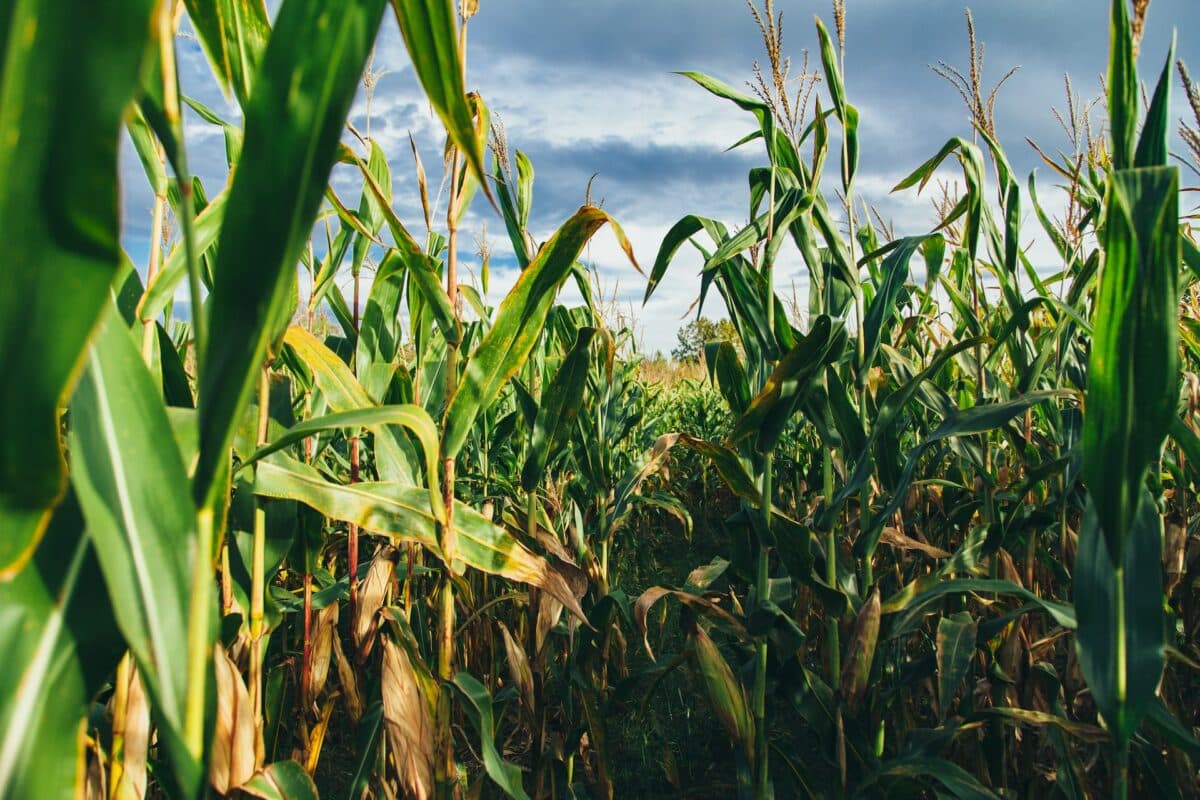
Corn is not harmful to dogs, and feeding your pet a small amount won’t cause them any harm. Research has shown that corn is highly digestible, and as a result, it is typically the second component on the ingredient list for canine diets, after rice.
Corn is one of the grains that is consumed the most all over the world. Depending on the variety, corn can be a good source of various nutrients, including the ones listed here:
- Carbohydrates that are simple to digest, providing a good source of energy for your four-legged pal.
- Protein and amino acids, which are essential for keeping healthy skin, hair, and muscles, are needed in adequate amounts.
- Antioxidants, such as beta-carotene and vitamin E, are beneficial to the immune system and help strengthen it.
- Linoleic acid is a type of omega-6 fatty acid that a canine’s body cannot produce on its own. It is essential if you want your dog to develop a strong immune system and keep their skin and coat in good condition.
- Dietary fiber is beneficial to both the health of the gut and its motility.
Can Corn Be Bad For Your Dogs?
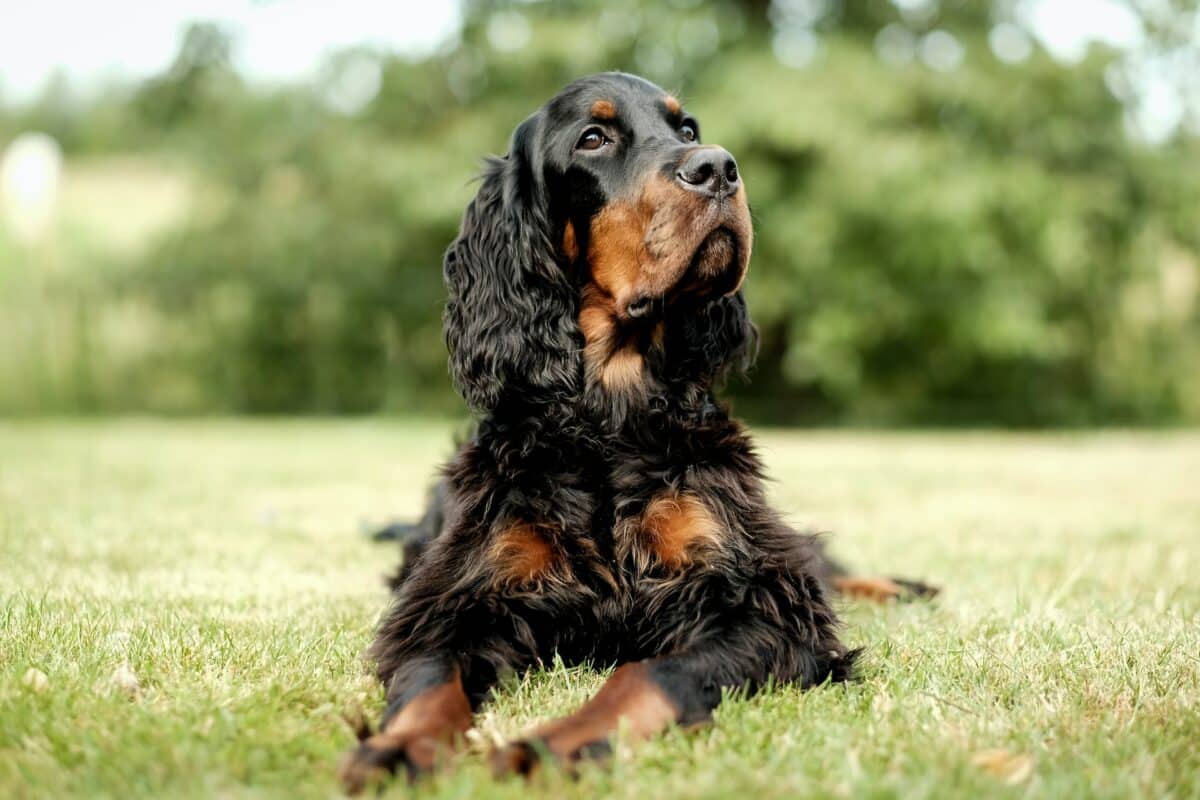
Corn is a safe food for puppies and can be incorporated into a healthy diet. However, moderation is the key here. Treats shouldn’t account for more than 10% of your dog’s diet, and feeding them too much human food might lead to them not getting enough of what they need nutritionally or cause them to gain weight.
Corn allergies are extremely unusual in canines but occur when the body’s immune system attacks corn. Corn allergy in dogs causes the following signs and symptoms:
- Diarrhea
- Itching
- Vomiting
- Abdominal cramping
- Skin irritation
- Hives
- Biting of the paws
- Obsessive licking
Please consult your veterinarian if you notice any of these signs in your pet. The vet will need to conduct testing to rule out other diseases that can produce similar clinical indications as a food allergy.
The vet will tell you how to narrow down the culprit food if they think your pet has a food allergy. You’ll need to strictly adhere to any elimination diet recommendations made by your doctor.
Research dog diets that don’t feature corn or corn components if your dog has an allergy to corn.
Will Dogs eat Corn off the Plate?
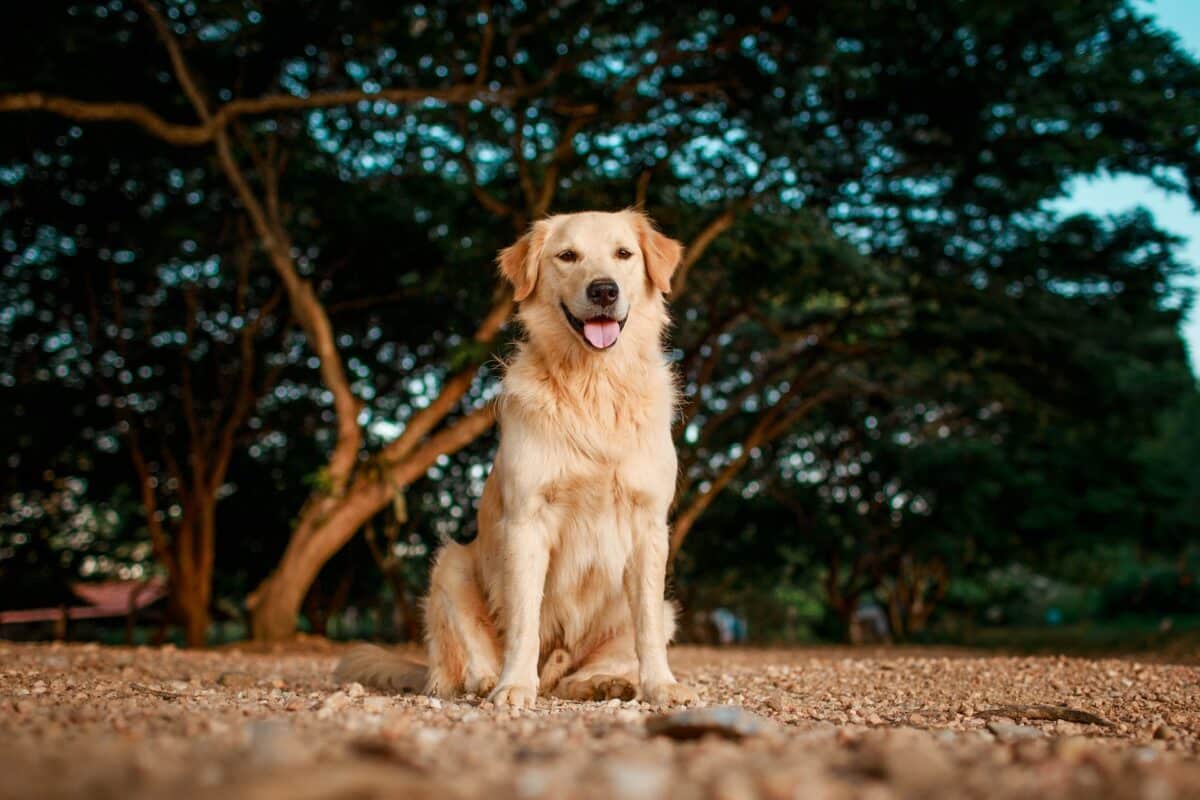
Corn is an excellent source of protein, carbs, fat, fiber, vitamins, linoleic acids, and antioxidants. Yet, it is more commonly used as a filler in food products. Therefore, is it possible for dogs to consume corn in the same forms as their human companions? If you want to give some of the corn from your plate to your dog, you certainly can, but make sure that the corn doesn’t contain other ingredients that could be harmful to them, like butter, sodium, oil, or seasonings.
Can Dogs Eat Corn on the Cob?
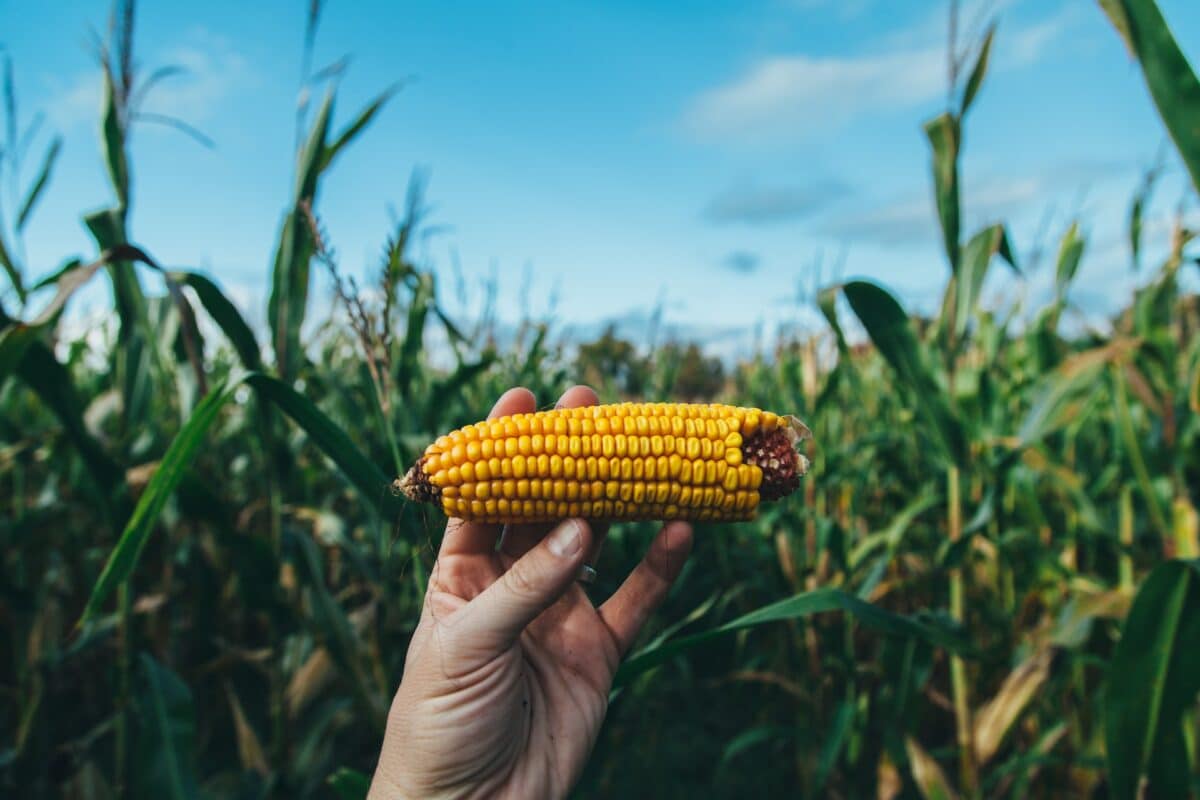
Do not give your dog any of your corn on the cob, no matter how adoringly he stares at you while you’re eating it. Your dog will most probably chew the cob into smaller pieces and resultantly might suffocate them. Moreover, if they swallow the cob, they’ll have a major intestinal blockage. No dog should be allowed to munch on this. Although it looks like something dogs would have trouble eating, if they’re hungry enough, they’ll have no trouble eating that whole cob.
Dehydration, listlessness, decreased energy, recurrent vomiting, lack of appetite, and diarrhea are signs of intestinal blockage. If they display these symptoms, it is possible that your dog may have consumed the cob. It’s best to seek veterinarian care at once.
Is It Possible for a Dog to Eat Popcorn?
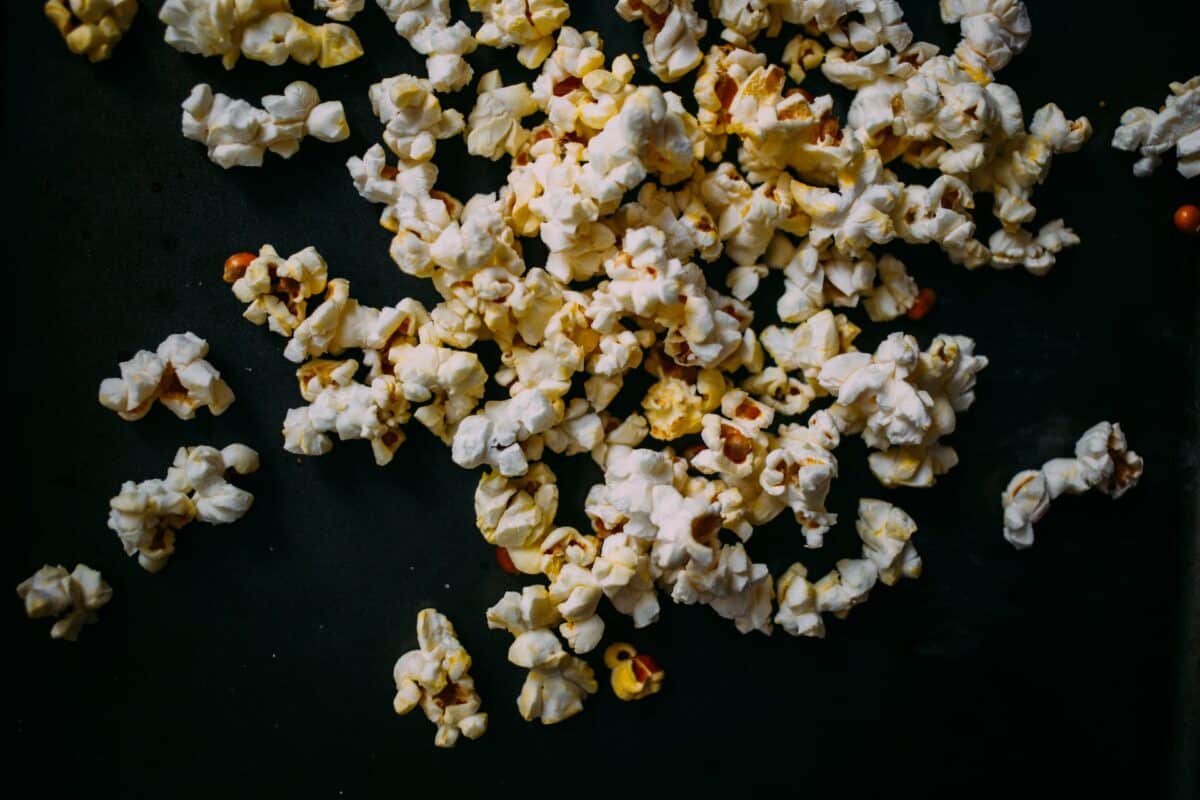
Popcorn is fine for canines, provided it’s not seasoned with salt or butter. Popcorn, especially plain, air-popped popcorn, is an excellent treat to have occasionally since it is light and natural. It is also packed with fiber, and the extra carbohydrates offer extra energy.
The unhealthy part of the snack is the buckets of popcorn that have been doused with salt, butter, and other flavorings; so, no matter how thrilled your dog gets about it, make sure to keep it out of reach so they can’t sneak any.
If you want to give your dog some plain popcorn, you should pop every kernel before giving it to him. Every time you create a batch, there will inevitably be a few unpopped bits; these are the ones that can give your dog an upset stomach. If they get popcorn lodged in their teeth, it might lead to cavities and gum disease. And just like when people overindulge in popcorn, animals will gain weight if they eat too much of it.
Can Dogs Eat Corn Muffins or Cornbread?
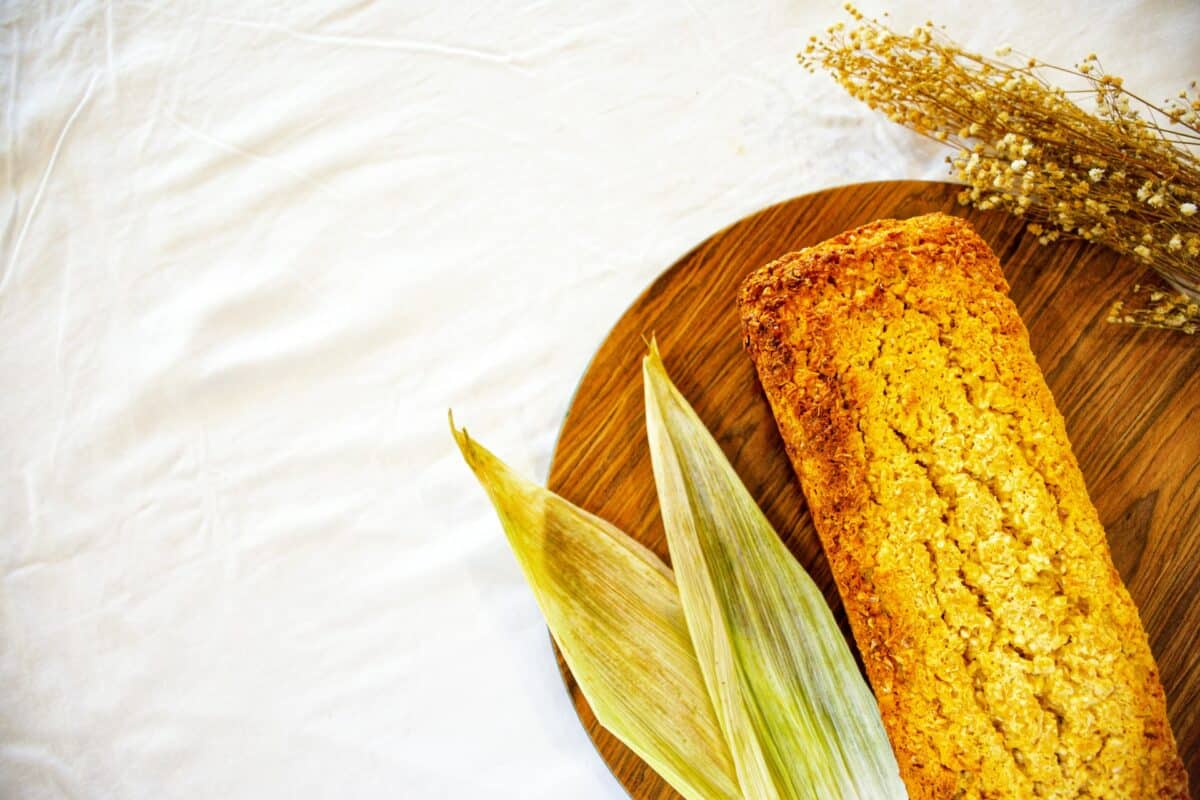
Dog treats made with corn, such as corn muffins and bread, should not be given to dogs. Not only because of the significant quantity of butter and salt, but also because they contain sugar, which is not good for your dog to consume in large quantities.
If your dog grabs a small morsel accidentally dropped on the floor or sneakily from the plate, they should be alright. However, consuming cornbread or muffins in large amounts or regularly might lead to various negative health effects.
Can Dogs Eat Cornmeal?
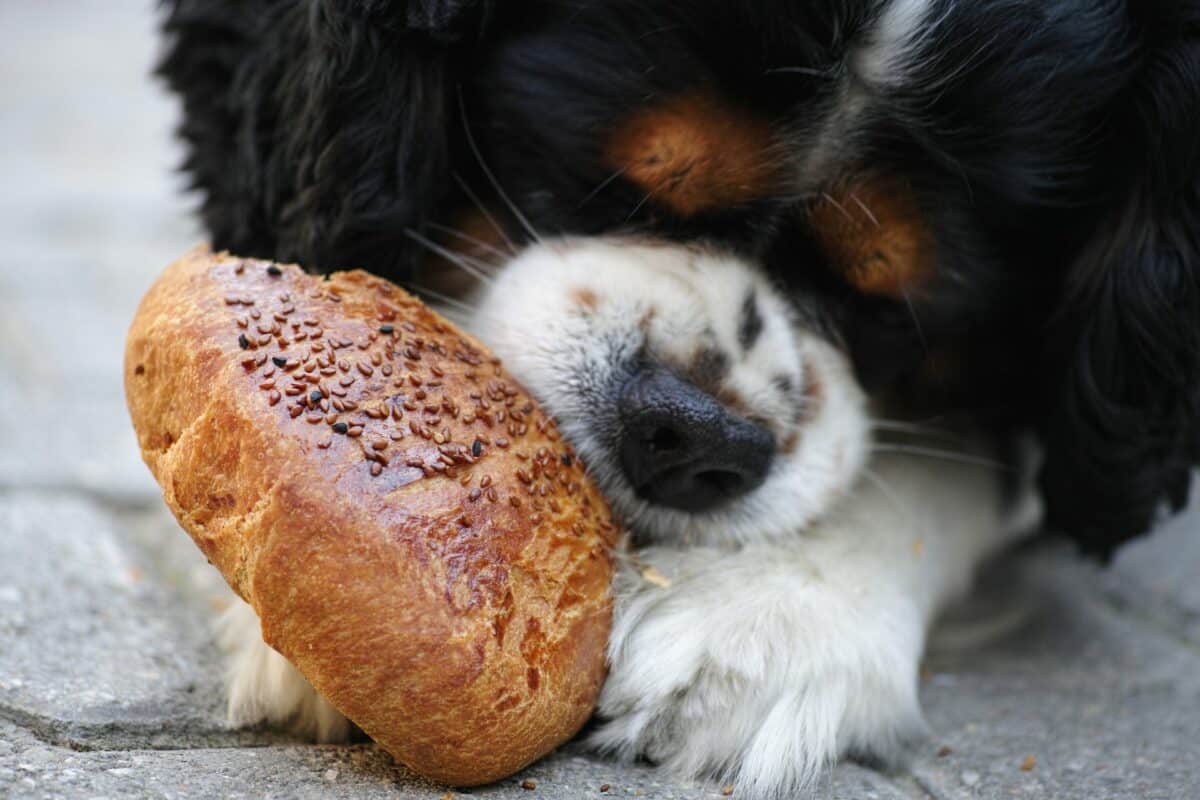
Cornmeal and corn flour are essentially just ground-down dry maize kernels. They’re great for adding texture to dough and thickening baked items because of their starchy nature. So, in moderation, cornmeal is fine for dogs to eat, provided that the other ingredients in the food are also suitable for canines.
Can Dogs Eat Corn Kernels?
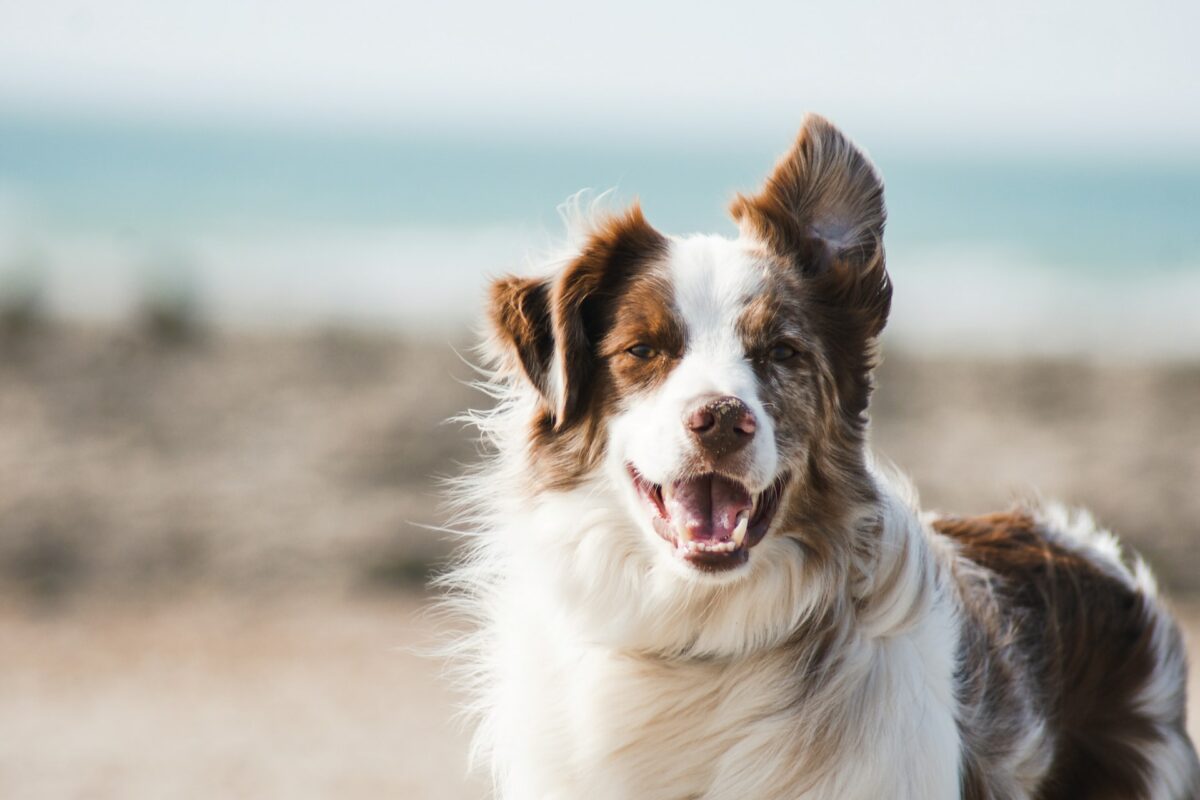
Due to their diminutive size, corn kernels pose no choking hazard to your dog and can be fed freely. Ensure the kernels are served without added salt, butter, mayonnaise, or anything else that would alter their healthy, natural flavor. Although some fat is healthy, excessive amounts can cause digestive problems and weight gain.
Can Dogs Eat Sweet Corn?
Sweet corn has a higher sugar content due to being plucked at a younger age. This corn is also quite starchy and a bit harder to digest. While it’s true that too much sweet corn might be harmful, it’s okay to let your dog eat it occasionally.
Conclusion
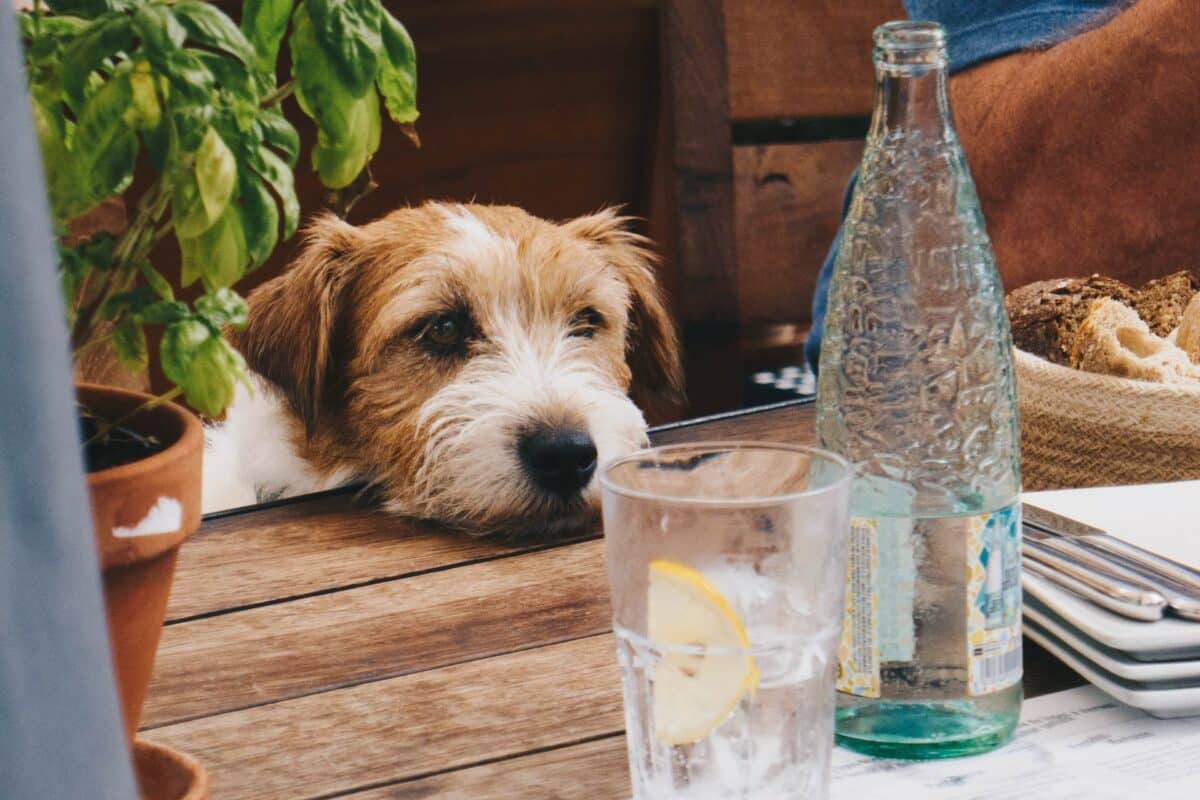
Can dogs eat corn? Yes, your dog can usually eat corn without developing any issues. But as with anything, it should always be given in moderation. In dogs, corn allergies are extremely unusual. The probability of sensitivity is below 1%. You should consult your vet if you notice your dog developing an itch or experiencing gastrointestinal troubles like vomiting or diarrhea after eating maize.
Thank you for reading this article! We’ve looked into a lot of other foods and how they safe they are for dogs to consume – your pets only deserve the best! Take a look at Can Dogs Eat Peanuts? or Can Dogs Eat Cheese?
Join our Forum for free today!


